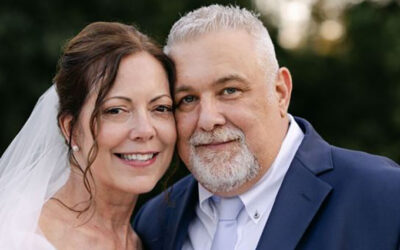If you’ve been told by your primary care provider (PCP) that you need to make an appointment with a cardiologist, you might start to worry. You may wonder what’s wrong with your heart—and have questions about more basic things, such as whether you need to bring anything with you to your first appointment.
Let us reassure you a bit. Having a cardiology appointment won’t be a painful experience, and our team of cardiology specialists is here to make it as seamless as possible.
Let’s talk through a few of the details.
What to Bring With You to a Cardiology Appointment
First things first, set up your appointment. If you don’t know already, find out from your insurance provider whether a referral from your primary care provider is necessary in order for your appointment to be covered by insurance. If it is, request one from your PCP.
At your first cardiology appointment, you’ll want to bring along your insurance card(s) and either a list of all medications you’re currently taking or the medication bottles themselves. This should include all medications, including any over-the-counter medications you take, as well as vitamins and other supplements.
Bring a list of any questions you have, symptoms you’re experiencing or topics you’d like to discuss during your appointment. Bring a notepad and pen to take notes or use the notes function on your phone.
What to Ask at a Cardiology Appointment
If you have a list of questions for the cardiologist, you’re one step ahead! If not, consider asking:
- What could be causing my symptoms?
- What does this diagnosis mean?
- Why do I need that test or treatment?
- What will the medication do that you’re prescribing?
- How should I take the medication you’re prescribing?
- When do I need to be seen again?
What Else to Expect at a Cardiology Appointment
When you first arrive for your appointment, you will likely meet first with a nurse, who will talk through your basic health history and any symptoms you’re experiencing. From there, you’ll meet with a cardiologist. Depending on whether you’re seeing the cardiologist for a routine appointment or have new symptoms, your appointment may include a discussion with the doctor, a physical examination and/or cardiovascular testing.
Before leaving your appointment, understand the next steps. If you need additional testing or a follow-up appointment, ask when and how to schedule those appointments. If you need to take a medication or make lifestyle changes, be sure you have a clear understanding of what to do. This will help you achieve your best heart health.




